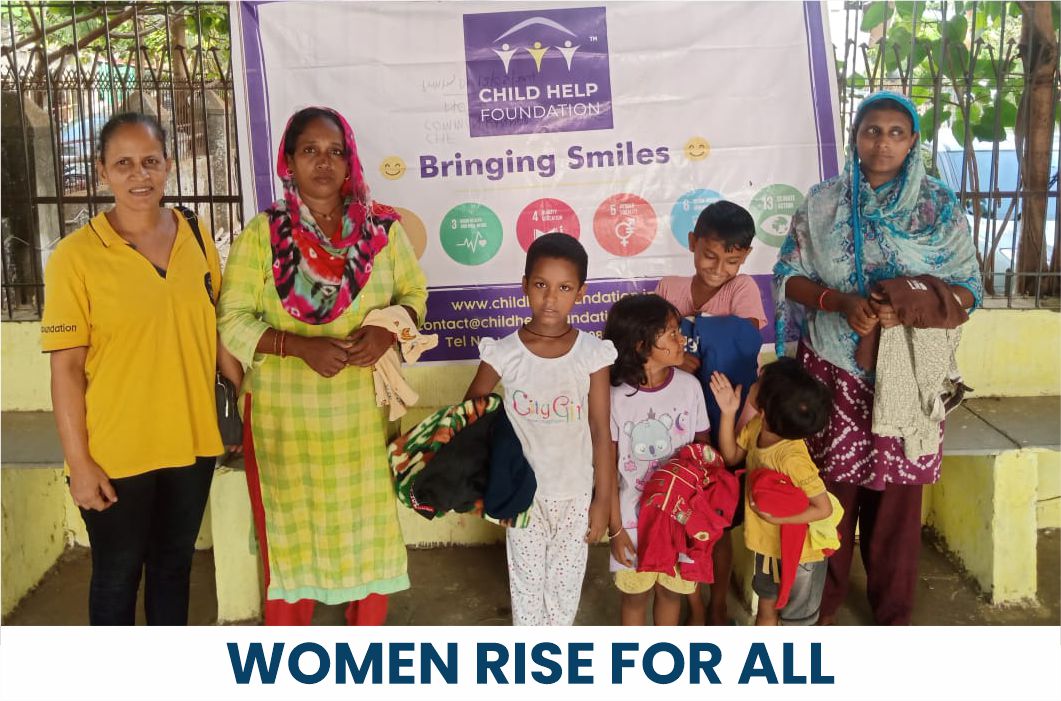They are mobilizing the global climate movement, pushing for social protections, addressing the COVID-19 crisis, and dismantling systemic racial discrimination. Around the world, women leaders improve lives and inspire a better future for all.
It is time we celebrate the women who are at the forefront, saving countless lives during their time in need. Here are some inspiring women, whose paths one can follow, to make a difference!
1. Muzna Dureid
.jpg)
Dureid has experience supporting assurance programs through her work with the White Helmets (champ of the elective Nobel prize for harmony in 2016) and Folkekirkens Nødhjælp - DCA, including mines, risk schooling and Sexual and Gender-based Violence (SGBV).
She is the pioneer and facilitator of the Women Refugees, not Captives crusade, which expects to end constrained kid marriage in Syrian exile camps. She's a prime supporter and board individual of Syrian ladies' political development, the first to draw in Syrian ladies on legislative issues and harmony talks.
2. Michele Bachelet
.jpg)
She is the first lady to hold the Chilean administration and the principal chose a female forerunner in South America. After leaving the Presidency in 2010, she was named the first executive director of the then recently created United Nations Entity for Gender Equality and the Empowerment of Women. She was the primary President of Chile to be reappointed starting around 1932.
3. Kiran Bedi
.jpg)
Kiran Bedi's love for education and determination to elevate India's status prompted her to study law at Delhi University. And in 1993, Kiran Bedi obtained a doctorate in social sciences from the Indian Institute of Technology in Delhi and completed her thesis on “drug abuse and domestic violence”.
As Inspector General of prisons of Tihar Prison, from 1993 to 1995, she proposed several reforms in prison management and initiated a number of programs such as the drug addiction program. drugs, lifestyle and literacy and yoga programs, for which she received the 199 Ramon Magsaysay Award.
Kiran Bedi did not give up when the government turned against her; she has always stayed true to her principles and progressed in her career and education. Kiran Bedi is not only a role model for women but also for men.
4. Dr. Iffat Zafar Aga
.jpg)
Although women make up 70% of medical students in Pakistan, more than half of female doctors leave medicine permanently when they become pregnant for cultural reasons. A similar incident inspired Dr. Zafar to create the innovation.
Dr. Zafar and her team are bringing women back into the workforce, empowering them to practise medicine through flexible telehealth technology, and connecting them to rural and conflict-affected communities that lack access to essential healthcare, thanks to funding from the Humanitarian Grand Challenge.
5. Linda Wamune
.jpg)
Linda was one of two women in her 45-person engineering class at university. She hopes that more women will enter the industry and that representation will improve.
Linda is leveraging climate and financial solutions to create peace in the world's most fragile places with her team at Energy Peace Partners. Their climate-sensitive approach adds to the existing toolkit for peace and development by bringing the renewable energy revolution to some of the world's most vulnerable people, demonstrating the peace dividends of clean energy at the intersection of energy poverty, conflict risk, and climate vulnerability.
People's life alters in an instant when a disaster happens. As a result of death, injury, displacement, and infrastructure and institution loss, entire communities are affected.
Despite perceptions to the contrary, women and girls shouldn't be viewed as helpless victims. Humanitarian efforts must recognize that women and girls, like men and boys, have much to contribute to preventing or responding to crises.
Women should have a voice when it comes to decisions about how assistance and protection should be provided. Humanitarian aid can also allow for the emergence of new and more progressive gender norms and relationships.
If you are looking for an opportunity to come forward and be a part of the humanitarian sector, volunteer with us at Child Help Foundation.
